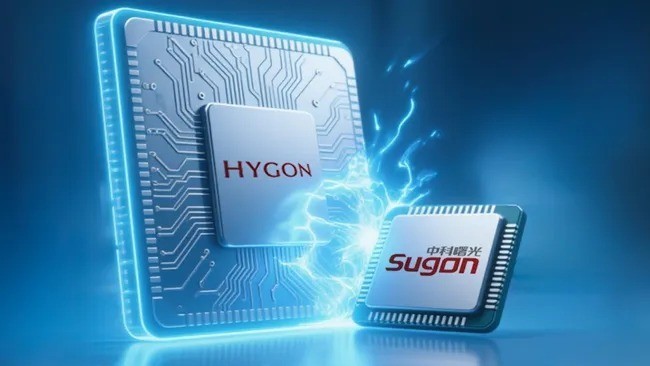Tesla has once again entered the legal race for the rights to brand its driverless taxi service. After a series of failed trademark registration attempts, the automaker has filed three new applications for the Tesla Robotaxi trademark, seeking to secure a unique name for an ambitious autonomous transportation project.
As noted, previous applications for Robotaxi and Cybercab, filed in October 2024, faced difficulties from the US Patent and Trademark Office (USPTO). The regulator demanded more detailed information from the company on the use of the word Robotaxi, citing its widespread use in the industry — in particular, among companies such as Waymo. And the application for Cybercab was rejected due to the oversaturation of the market with brands with the prefix "Cyber".
In response, Tesla took a step toward narrower legal language and filed applications in the name of Tesla Robotaxi. It is assumed that it is under this brand that the service for calling driverless taxis will be launched, the first testing of which is scheduled for the end of the month in Austin (Texas).
According to experts, obtaining trademark rights before testing begins is unlikely: the process of reviewing applications with the USPTO takes from several months to a year before the case is referred to a specialized expert.
In parallel, Tesla is waiting for solutions for other trademarks-Robobus, Robus and Cyberbus, which may be related to the previously presented concept of an electric autonomous van. The prototype was announced in October 2024 at the same time as Cybercab, and the company's CEO Elon Musk then called it Robovan. However, the Robovan trademark is already owned by the Estonian company Starship, which operates in the robotic delivery segment.
The ongoing battle for trademarks reflects the high level of competition and saturation of the driverless transport solutions market. For Tesla, legal protection of the brand is an integral part of its strategy to enter the commercial autonomous transportation market. With the active movement of major players in this segment, timely registration of intellectual property is becoming a key factor in competitiveness.












